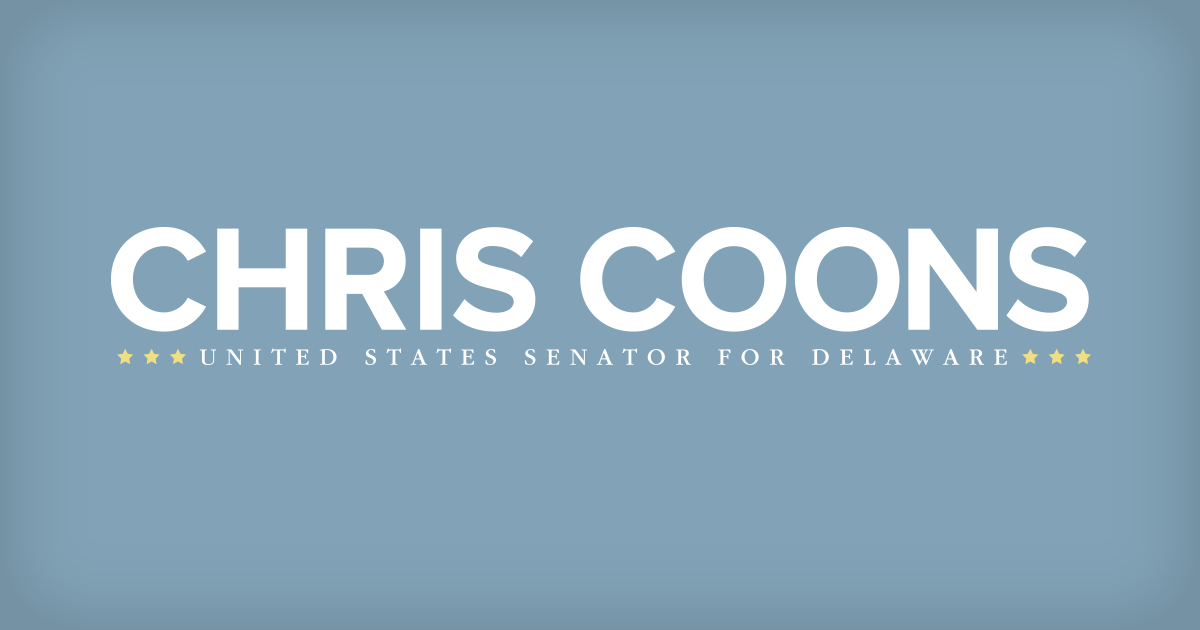Colorado has issued its first license for a “natural medicine business” that will provide access to psychedelic substances like psilocybin. However, this development raises serious concerns about the safety and efficacy of these drugs, especially for children and vulnerable populations. While proponents argue for the therapeutic potential of psychedelics, the reality is that these substances remain illegal at the federal level and are classified as Schedule 1 drugs, indicating a high potential for abuse and no accepted medical benefits.
The Food and Drug Administration (FDA) has not approved psilocybin for treating any medical conditions. Despite this, a new industry has emerged, training individuals to be psilocybin facilitators. These facilitators only need a high school diploma and a brief training course to operate, contrasting sharply with the extensive education required for licensed medical professionals. A psilocybin facilitator completes around 150 hours of coursework, 40 hours of supervised practicum, and 50 hours of consultation. In contrast, licensed psychologists typically hold a doctoral degree and have years of clinical experience.
The financial aspect of these programs adds another layer of concern. A single session at the Center Origin in Denver, the first licensed facility, is expected to cost $3,500. This price point could limit access for individuals suffering from severe mental health issues, who may not afford such treatments. The high cost may also drive these individuals toward the illicit market, where prices are significantly lower but quality and safety are unregulated.
Moreover, the National Institute on Drug Abuse warns of potential negative effects from psilocybin use, such as intense emotional experiences, increased heart rates, and nausea. Many users report having bad trips, which can exacerbate existing mental health issues. Policymakers need to take action to protect consumers from these risks. Just as campaigns were launched to inform the public about marijuana and tobacco, similar efforts should be made to educate people about psilocybin’s risks and discourage its use.
Recent surveys indicate that states like Oregon and Colorado, which have legalized psychedelics, now report the highest rates of hallucinogen use among adolescents aged 12-17. This alarming trend highlights a correlation between legalization and increased use among youth. Despite age restrictions in licensed facilities, the availability of psychedelics may inadvertently lead to greater access for minors.
Those who opposed the legalization measures have voiced concerns that these changes will not protect children. Without proper oversight and education, the new psilocybin centers could worsen Colorado’s existing mental health crisis rather than alleviate it. As the industry grows, it is crucial for the public to remain informed about the risks associated with psychedelics and the motivations behind their commercialization. The emphasis should be on public health, not profit, to ensure that vulnerable populations do not fall victim to unapproved and potentially harmful treatments.



